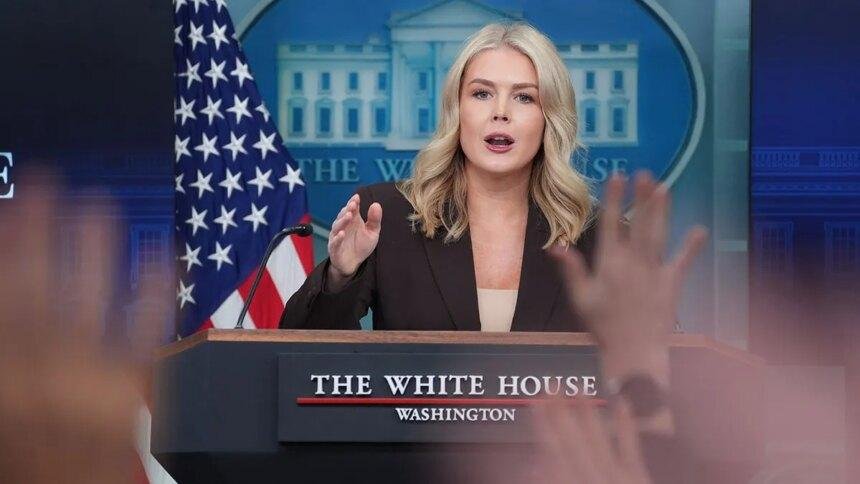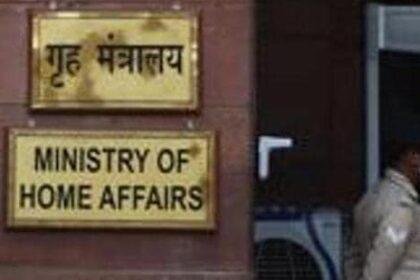White House Implements Tariff Revenue Plan to Sustain WIC Amid Government Shutdown
As the government shutdown continues to unfold, the White House has announced a strategic plan to utilize tariff revenue to keep the Special Supplemental Nutrition Program for Women, Infants, and Children (WIC) operational. This decision comes as a response to the impending depletion of funds for the program, which serves approximately 6 million low-income women and children across the United States.
Background on WIC and Its Importance
WIC is a crucial federal assistance program that provides nutritional support, including vouchers for healthy food, breastfeeding assistance, and nutrition education. Established in 1972, the program aims to improve the health of low-income pregnant women, new mothers, and young children. According to the U.S. Department of Agriculture (USDA), the federal government allocated over $7 billion to WIC during the fiscal year 2024, underscoring its significance in combating food insecurity among vulnerable populations.
The Shutdown’s Impact on WIC
The current government shutdown, which has been attributed to partisan disagreements over budget allocations, has put WIC’s funding at risk. White House Press Secretary Karoline Leavitt stated that the administration “will not allow mothers and children to go hungry,” emphasizing the urgency of the situation. In a post on X (formerly Twitter), Leavitt accused Democrats of “cruelly voting to shut down the government,” suggesting that their actions directly contributed to the funding crisis facing WIC.
Tariff Revenue as a Temporary Solution
In a bid to address the funding shortfall, President Donald Trump has authorized the use of Section 232 tariff revenue. This revenue, generated from tariffs imposed on imported goods, will serve as a temporary measure to sustain WIC during the shutdown. The White House has described this approach as a “creative solution” developed by the Office of Management and Budget (OMB). However, the exact amount of tariff funds to be allocated has not been disclosed, leaving questions about the sustainability of this solution.
Political Context and Reactions
The decision to use tariff revenue has sparked a political firestorm. Democrats have historically criticized Republicans for their stance on WIC eligibility and funding levels, while Republicans have pointed fingers at Democrats for their resistance to spending constraints, which they argue has led to the current shutdown. This ongoing political tug-of-war highlights the complexities of budget negotiations in a divided Congress.
Leavitt’s statement reflects a broader narrative that the Trump administration is keen to promote: that it prioritizes the welfare of low-income families over political gamesmanship. “The Trump White House will not allow impoverished mothers and their babies to go hungry because of the Democrats’ political games,” she asserted.
The Future of WIC Funding
While the immediate infusion of tariff revenue is intended to cover costs “for the foreseeable future,” the White House has not clarified how long these funds will last or whether additional measures will be necessary if Congress remains deadlocked. An official described the transfer of funds as a temporary fix aimed at protecting vulnerable families while negotiations continue.
The uncertainty surrounding WIC funding raises concerns about the long-term viability of the program, especially if the government shutdown persists. Experts warn that prolonged disruptions could lead to increased food insecurity among low-income families, exacerbating existing health disparities.
Historical Precedents
Government shutdowns are not new to American politics, but their impact on social programs like WIC has been a recurring theme. Previous shutdowns have often led to funding lapses in essential services, prompting emergency measures from the government. For instance, during the 2018-2019 shutdown, similar concerns arose regarding the Supplemental Nutrition Assistance Program (SNAP), which provides food assistance to millions of Americans.
The current situation serves as a reminder of the fragility of social safety nets in times of political strife. As lawmakers grapple with budgetary issues, the implications for programs like WIC highlight the need for bipartisan cooperation to ensure that vulnerable populations are not left in the lurch.
Conclusion
The White House’s decision to utilize tariff revenue to sustain the WIC program during the government shutdown reflects a critical response to an urgent crisis. While this temporary solution aims to protect low-income families from the immediate effects of funding shortfalls, the long-term sustainability of WIC remains uncertain amid ongoing political tensions. As negotiations continue, the fate of this essential program hangs in the balance, underscoring the importance of collaborative efforts to safeguard the well-being of millions of Americans.











